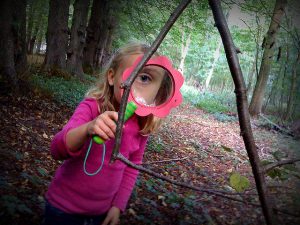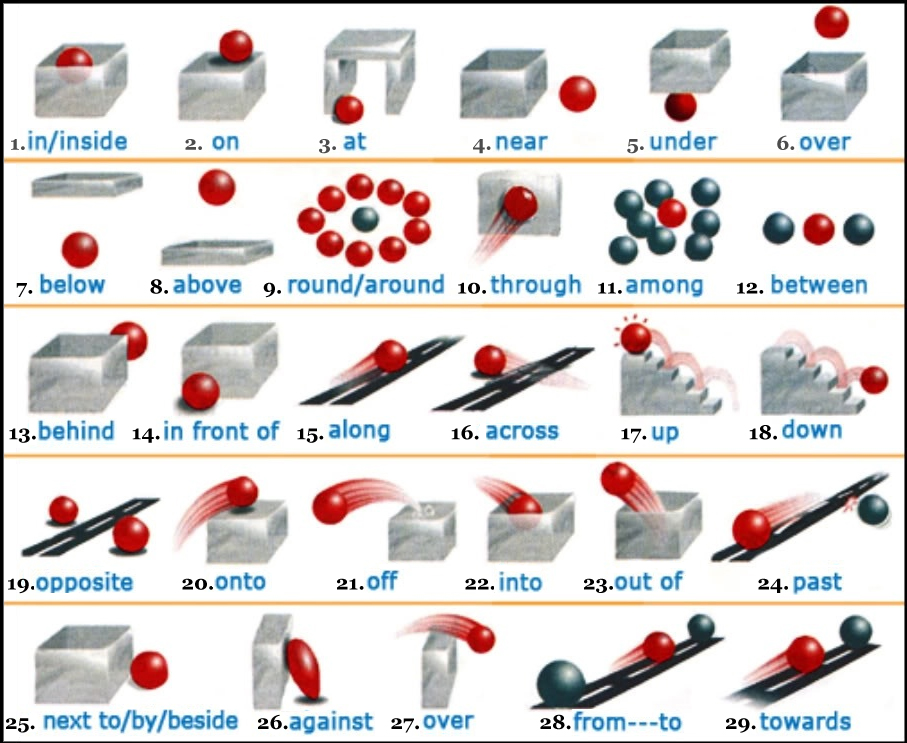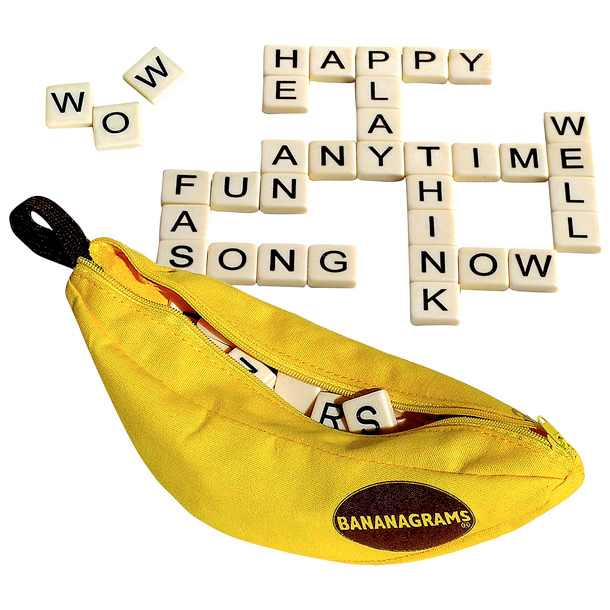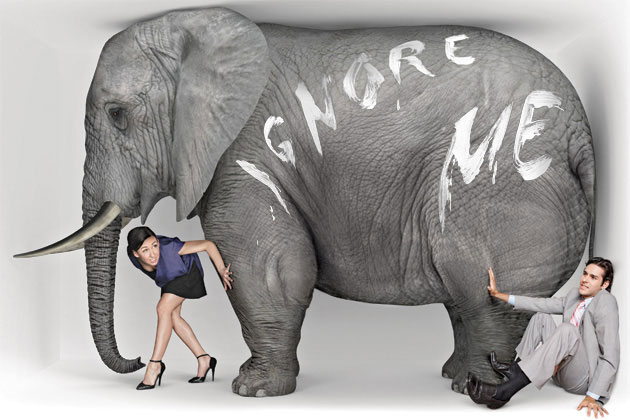
How would you describe this photo?
Learn some new ways to improve your conversation style with descriptive language
After reading the article about Santander hopefully you’ll all be inspired to immediately book your next vacation or holiday. But since Semana Santa has passed, why not practise using more colour in your language instead?
Look at the difference:
I went on holiday to Chile. It was nice. Chileans are nice. There were mountains. I saw the sea. It was big. It was summer, Chile is hot in the summer.
This year, I visited Chile. It was fantastic! Chileans are amazing people, who are very friendly. There were gigantic mountains and I saw the beautiful sea! It was a wonderful summer and Chile is boiling hot in the summer, like a sauna!
A common problem with language students is the overuse of basic vocabulary instead of more descriptive words. Think about when you speak Spanish: how often, when and why do you use bien? If you’re like most Colombians, it’s only when it’s not important to say something more detailed. English is the same: ‘nice’ or ‘good’ don’t really mean much, they are usually used for politeness. This often means language learners can sometimes sound like robots or, in really bad cases, immature or boring. Now here’s the good news – lots of descriptive adverbs and adjectives in English have Latin roots, so they are similar to the Spanish words you know and adore!
In addition to using more descriptive adjectives and adverbs, you should also try to use comparisons or similes. This is good even in your mother tongue because it will make your conversation more interesting. In English, we often use relative clauses for this because they are a convenient way to add more information. Even better, this is also a language point that is easy for Spanish speakers!
A simple example is “…the mountains which are in the East of Bogotá…”. Another example might be “the man, whose face told a thousand stories” . When you use relative clauses you tell your readers more about the thing you are describing in a very fluent and natural manner. This gives them a better mental picture.
Another way to create similes is to use the structure “…like”. An example of this is “the children were quiet, like rabbits…”. The reader can imagine how the thing is. We often do this with food: “alligator tastes like chicken, but also like fish”. We also use this more creatively, for example “he was handsome like a proud lion”. We don’t mean that he is literally a lion, but that he maybe has beautiful golden hair and a fine red beard.
Finally, think about the verbs you are using. The same as adjectives, many English verbs have very specific meanings. “I went to Chile” tells us about the movement and no more. “I visited Chile” tells us more, even though there are no more words. Now we know that the author was a tourist, that it was a short trip, that they probably returned. Basic verbs are very useful for basic writing/speaking, but it is easy to become lazy. English is often a very precise language and verbs are a good way of expressing this.
 Mind-blowing (adj) – literally, something so good it explodes minds! Ex. “his hair is so beautiful, it is mind-blowing!” Mind-blowing (adj) – literally, something so good it explodes minds! Ex. “his hair is so beautiful, it is mind-blowing!” |




 Surprisingly (adv) – used to indicate that something was not expected, usually to modify adjectives. Ex: “the politician was surprisingly honest”!
Surprisingly (adv) – used to indicate that something was not expected, usually to modify adjectives. Ex: “the politician was surprisingly honest”!

 Horrendous (adj) – negative word meaning very bad. Ex. “the acid attacks are horrendous!”
Horrendous (adj) – negative word meaning very bad. Ex. “the acid attacks are horrendous!”




